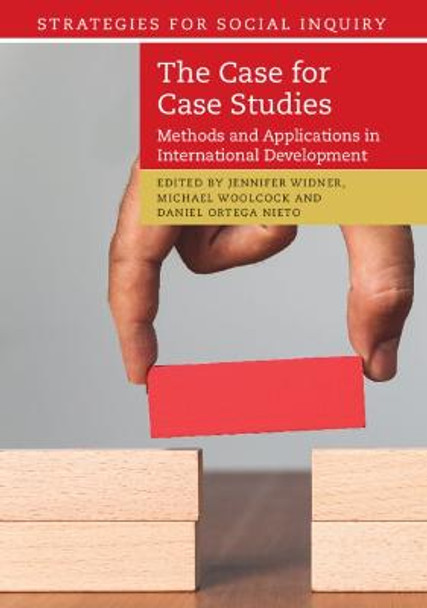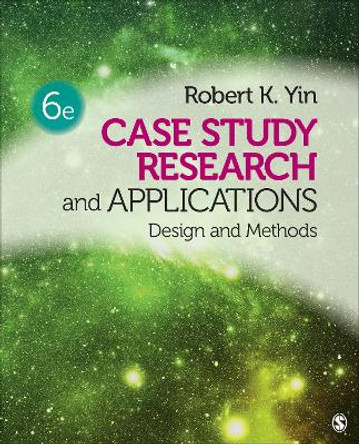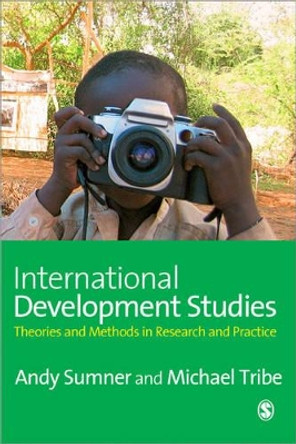Description
This volume demonstrates how to conduct case study research that is both methodologically rigourous and useful to development policy.
About the Author
Jennifer Widner is Professor of Politics and International Affairs at Princeton University and Director of Innovations for Successful Societies. Her research focuses on government performance, democratization, and constitutional design. Much of her work uses qualitative process-tracing case studies focused on institutional change, implementation, and service delivery. Michael Woolcock is Lead Social Scientist with the World Bank's Development Research Group, and an Adjunct Lecturer in Public Policy at Harvard Kennedy School. He is the coauthor of Contesting Development: Participatory Projects and Local Conflict Dynamics in Indonesia (2011) and Building State Capability: Evidence, Analysis, Action (2017). Daniel Ortega Nieto is a Senior Public Sector Specialist at The World Bank. He assisted the Global Delivery Initiative and led a team developing DeCODE, an evidence-based system that helps anticipate delivery challenges. He was an advisor to the Mexican Government and holds degrees from the LSE and Georgetown University.
Reviews
'This exceptional volume brings together a set of renowned experts from the worlds of social science methods and policy evaluation to assess the state-of-the-art for case studies in international development practice. Case studies methods have for too long been viewed as being second-best by many methodologists and practitioners. This volume rectifies this, with several chapters convincingly arguing that case study methods have relative strengths in figuring out how development interventions work and under what complex, real-world conditions they can succeed. Other chapters provide practical guidance for how to use different case study methods for studying development interventions, providing many useful suggestions for researchers and evaluators.' Derek Beach, Professor, Aarhus University, and Author of Process Tracing Methods: Foundations and Guidelines
'At last evaluators and practitioners are offered methodologies that match international development realities - where contexts differ, policy mixes vary and nothing remains static. The translation of new-generation, 'case-based' approaches into development settings, can only strengthen the evaluation enterprise. We might even look forward to credible generalisations and lessons worth learning!' Elliot Stern, Emeritus Professor of Evaluation Research, Lancaster University, and Editor, Evaluation: International Journal of Theory, Research and Practice
'In the face of rapid, unpredictable change and diverse implementation contexts, we need more and better case studies to understand complex phenomena and to use that understanding for better policies, programs and initiatives in other places and times. Evidence about 'what works' on average in randomised controlled trials cannot be simply generalised to other contexts. But too often case studies are not done systematically or carefully. This important volume provides practical, well-informed guidance from leading writers and researchers on how to plan, implement and communicate case studies which can effectively answer questions about those cases and what these mean for planning initiatives in other places in the future. This book should become an essential guide and reference for everyone serious about quality evidence to inform public policy and practice.' Patricia Rogers, founder of BetterEvaluation
Book Information
ISBN 9781108447980
Author Jennifer Widner
Format Paperback
Page Count 320
Imprint Cambridge University Press
Publisher Cambridge University Press
Weight(grams) 580g
Dimensions(mm) 245mm * 169mm * 17mm








